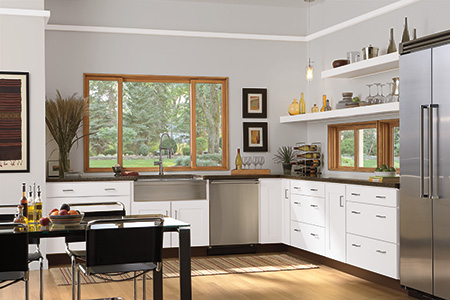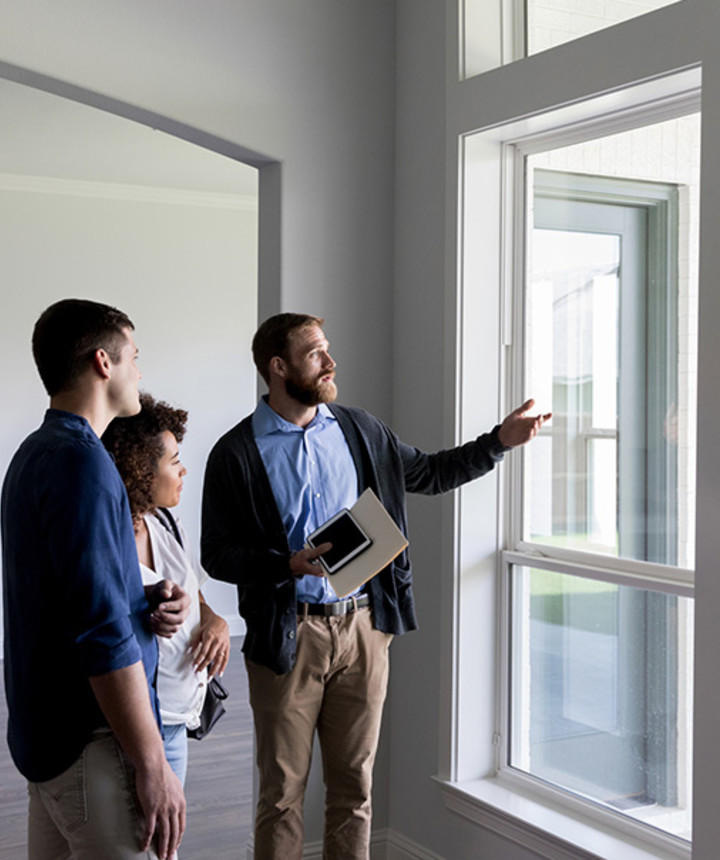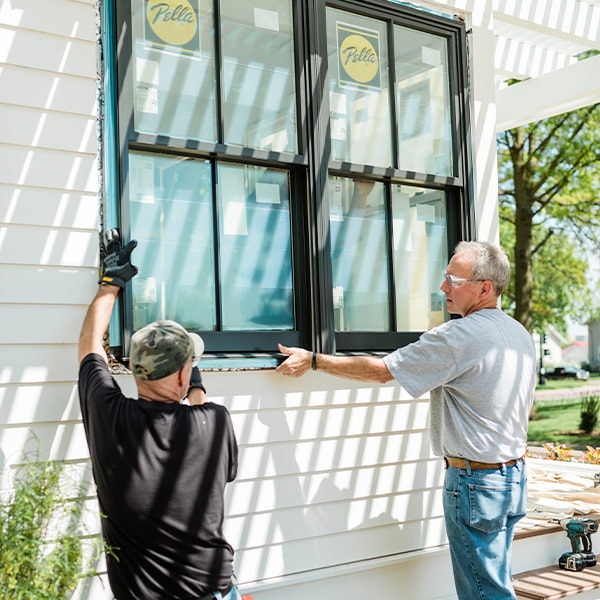Upgrade Your Home With Energy-Efficient Window Substitutes
In the world of home improvement, the choice to update to energy-efficient home window replacements can considerably affect both the performance and appearances of a house (window replacement near me). As home owners look for methods to enhance the efficiency and sustainability of their living rooms, the option of windows plays an essential duty in accomplishing these goals. Beyond the surface degree of plain looks, energy-efficient windows use a plethora of advantages that surpass simple aesthetic allure. With a careful choice procedure that takes into consideration various aspects, from glass types to setup strategies, starting this home upgrade journey can show to be a transformative venture.
Benefits of Energy-Efficient Windows

The installation of energy-efficient windows supplies substantial cost savings on utility bills while improving environmental sustainability. Energy-efficient home windows are designed to decrease warm loss and gain, decreasing the need for heating and cooling systems to burn the midnight oil. By successfully shielding the home, these home windows aid preserve a comfortable interior temperature level year-round, leading to reduced energy intake and lowered energy prices. Furthermore, energy-efficient home windows can assist manage moisture degrees within the home, reducing the threat of mold and mildew and mold growth.
Beyond the financial advantages, energy-efficient home windows add to environmental sustainability by reducing carbon exhausts connected with energy manufacturing. By lowering power use, these home windows help alleviate the ecological impact of air conditioning, home heating, and lights property rooms. This decrease in power consumption plays an important duty in combating environment adjustment and promoting a greener future for generations to come. On the whole, buying energy-efficient windows not only boosts the comfort and effectiveness of a home yet additionally lines up with eco mindful techniques.
Kinds Of Energy-Efficient Glass
Numerous sophisticated sorts of energy-efficient glass deal one-of-a-kind residential or commercial properties that accommodate different requirements and preferences in enhancing the sustainability and performance of buildings. Low-emissivity (Low-E) glass is a popular option developed to reduce the amount of ultraviolet and infrared light that can travel through the glass, consequently minimizing heat transfer. This sort of glass aids keep a constant interior temperature level, lowering the requirement for heating or cooling down systems, and eventually lowering power expenses. Another cutting-edge choice is spectrally selective glass, which allows visible light to pass via while obstructing particular kinds of infrared radiation. This assists in maintaining a comfy indoor atmosphere while decreasing warm gain. Triple-pane glass, containing three layers of glass with shielding gas in between them, supplies enhanced thermal insulation, making it very energy-efficient. Furthermore, self-cleaning glass with a special covering that damages down and loosens up dirt when exposed to sunshine can lower upkeep demands and keep home windows looking tidy. Each kind of energy-efficient glass offers unique benefits, permitting home owners to pick one of the most ideal option based on their details requirements and objectives.
Variables to Take Into Consideration When Selecting
When contemplating energy-efficient home window replacements, it is necessary to thoroughly evaluate particular elements that line up with your sustainability goals and preferred energy cost savings. One vital variable to take into consideration is the window's energy performance scores, such as the U-factor and Solar Warmth Gain Coefficient (SHGC) The U-factor procedures exactly how well the window protects, with reduced numbers suggesting much better insulation, while the Find Out More SHGC suggests the window's ability to obstruct warmth from sunshine. Furthermore, the window frame material plays a considerable role in energy efficiency. Products like fiberglass, vinyl, or timber with thermal breaks are superb selections for minimizing warm transfer. One more important consideration is the home window style and orientation concerning sunshine direct exposure. Picking the right window style and purposefully putting them can take full advantage of natural light while decreasing warmth gain or loss. Finally, installation top quality is crucial to guaranteeing the home windows do as meant. Proper installment assists prevent air leak, guaranteeing optimal power effectiveness. By carefully evaluating these variables, you can choose energy-efficient windows that improve comfort, lower energy prices, and benefit the setting.
Setup and Upkeep Tips

Normal upkeep is vital to preserving the effectiveness of your energy-efficient home windows. Inspect the windows regularly for any type of indicators of damage, wear, or sealant deterioration. Clean the frames, tracks, and glass regularly using mild soap and water to get rid of dirt and gunk that can influence efficiency. Examine the weather-stripping and seals for any spaces or splits and change them if required to preserve the windows' power effectiveness.
On top of that, lube moving parts such as locks and hinges to ensure smooth procedure. By following these installation and maintenance suggestions, you can enhance the energy efficiency of your home and prolong the life expectancy of your energy-efficient windows.
Cost-Benefit Evaluation of Upgrading

Energy-efficient home windows are made to decrease warmth transfer, lowering the requirement for heating and cooling systems to function overtime. This can cause considerable cost savings on power expenses, especially in regions with extreme temperatures. In addition, energy-efficient home windows can boost the general value of your home, making it much more appealing to possible customers if you determine to offer in the future.
When calculating the cost-benefit analysis, consider the possible financial savings on power costs, any available incentives or rebates, and the lifespan of the home windows. While the preliminary expense may be higher, the long-term savings and advantages of energy-efficient home windows make them a clever financial investment for home owners aiming to improve their home's power performance and value.

Verdict
Finally, upgrading to energy-efficient home window replacements provides various advantages such as minimized energy consumption, raised convenience, and cost financial savings. By selecting the proper type of energy-efficient glass and taking into consideration factors like framework product and setup, property owners can make best use of the effectiveness of their windows. Routine upkeep and proper installment are vital for lasting efficiency. On the whole, the cost-benefit evaluation of updating to energy-efficient home windows shows that the preliminary financial investment can bring about considerable financial savings in the long run.
When pondering energy-efficient window substitutes, it is essential to meticulously assess certain factors that straighten with your sustainability goals and desired power financial savings. The U-factor steps how well the home window protects, with reduced numbers indicating better insulation, while the SHGC shows the home window's ability to block warmth from sunlight. By very carefully reviewing these elements, you can pick energy-efficient home windows that boost comfort, reduce power costs, and benefit the setting.
While energy-efficient home windows may have a higher upfront expense compared to conventional windows, the lasting advantages frequently outweigh the house window glass replacement preliminary financial investment.In verdict, updating to energy-efficient window substitutes uses various benefits such as reduced power usage, raised convenience, and expense savings.